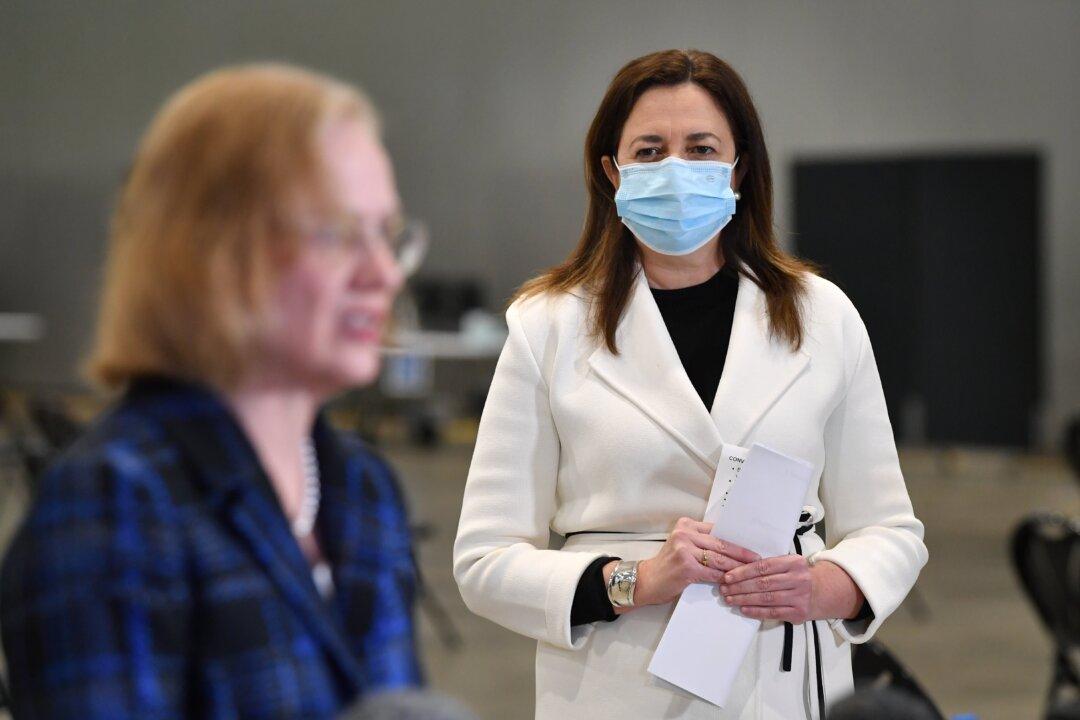Commentary
Social engineers have long aspired to perfect the world by improving humans and their living conditions. But such “improvement” can only be achieved when an “elite” segment of society has increasing control of our world.

Social engineers have long aspired to perfect the world by improving humans and their living conditions. But such “improvement” can only be achieved when an “elite” segment of society has increasing control of our world.